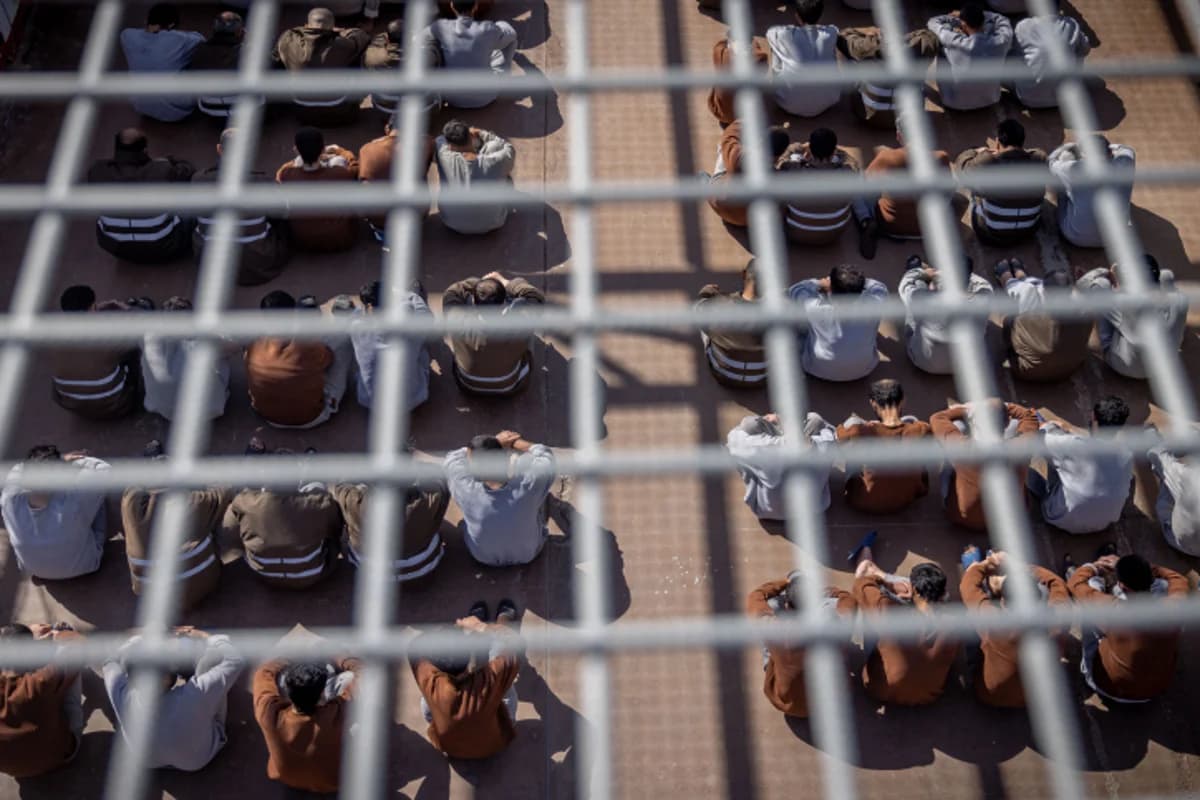Sparking outrage at Israeli hospital
Aunt of fallen soldier faints as Hamas terrorist from Oct. 7 attack gets priority MRI at her workplace
A detained Hamas terrorist received rapid diagnostic imaging at a central Israeli hospital yesterday, bringing to the fore complex questions about medical ethics, resource allocation, and the emotional toll on healthcare workers in a post-October 7 reality.

A Hamas Nukhba terrorist who participated in the October 7 massacre received expedited medical care at an Israeli hospital on Monday, bypassing the months-long waiting lists typically faced by regular patients, sparking outrage among hospital staff and families of terror victims.
The 35-year-old terrorist, who was captured during the attack on Kibbutz Be'eri, was transferred from detention at Sde Teiman base to Kaplan Hospital in Rehovot after complaining of headaches and dizziness. Within hours of arrival, he received both CT and MRI scans amid concerns of a possible stroke, according to News 12.
The situation became particularly tense when the heavily guarded terrorist, who remained restrained and blindfolded, was escorted through hospital corridors for his MRI scan, which costs the healthcare system over 3,500 shekels ($960). A hospital worker, whose nephew Sergeant Nativ Kuzaro was killed in the October 7 attack, collapsed upon seeing the terrorist being escorted past a memorial photo of her fallen relative. Her colleagues quickly moved her to another floor to recover.
Medical staff expressed their frustration at being required to treat the terrorist. One nurse refused to participate in the care, joining another staff member who also declined involvement after losing a family member in the October 7 attacks. However, Israeli public hospitals are legally required to provide medical care to detained terrorists on a rotating basis, as mandated by the Ministry of Health.
The incident highlights an ongoing challenge in Israel's healthcare system, where a State Comptroller report indicates that ordinary citizens often wait months for MRI appointments due to limited equipment and a shortage of radiologists. Despite these constraints, the terrorist's scans were expedited to minimize his time in the hospital. The tests ultimately showed no signs of stroke, and he was returned to the detention facility.
This episode underscores the complex reality faced by Israeli medical professionals who must balance their duty to provide care with the emotional trauma of treating individuals involved in attacks against their own communities.